Showing 16-30 of 240 results
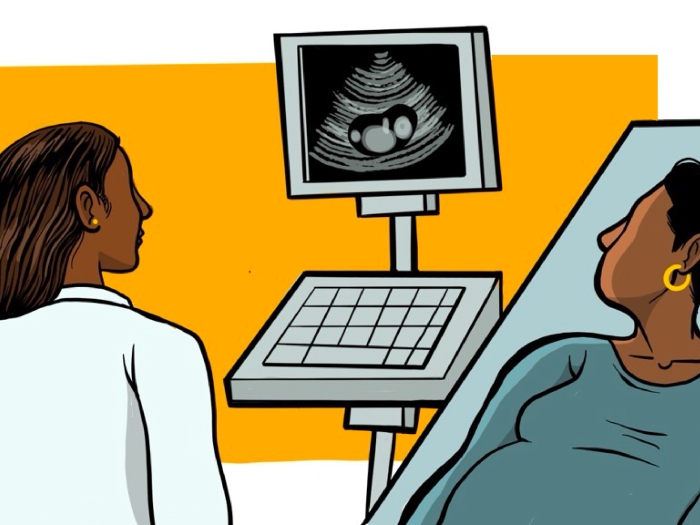
Health Lab
Multi-specialty team is studying a non-invasive method to measure underlying cervical tissue changes that precede birth with the hopes of predicting timing of birth.
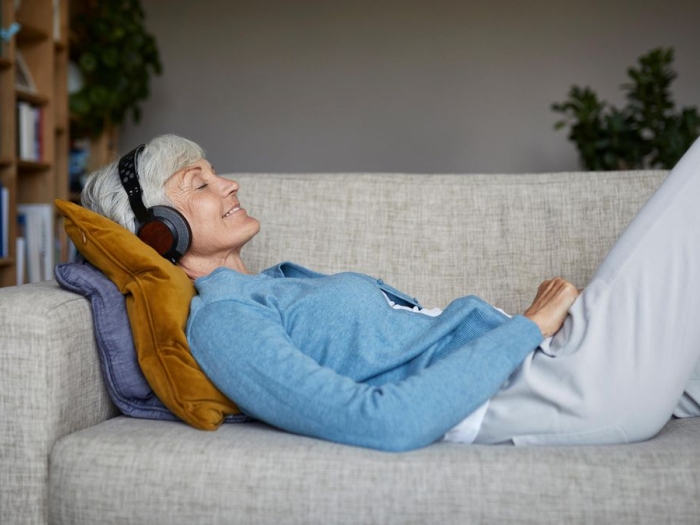
Health Lab
Making music by singing or playing an instrument, or listening to music, brings health and wellbeing benefits to many older adults.
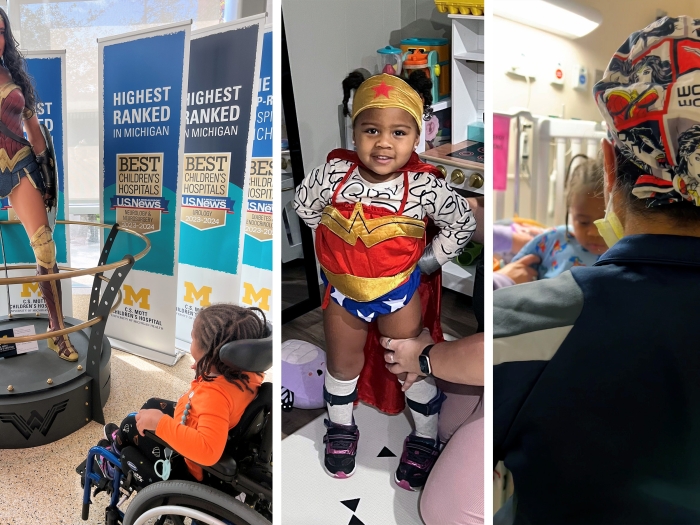
Health Lab
Three year old Wonder Woman fan thrives after customized minimally invasive selective dorsal rhizotomy to help symptoms of cerebral palsy and spastic diplegia
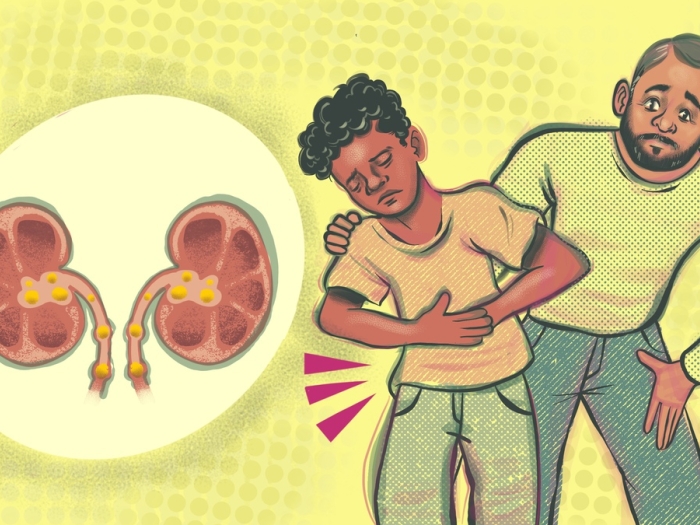
Health Lab
Cases of kidney stones in children are increasing, but parents can minimize the chances their kids develop them.
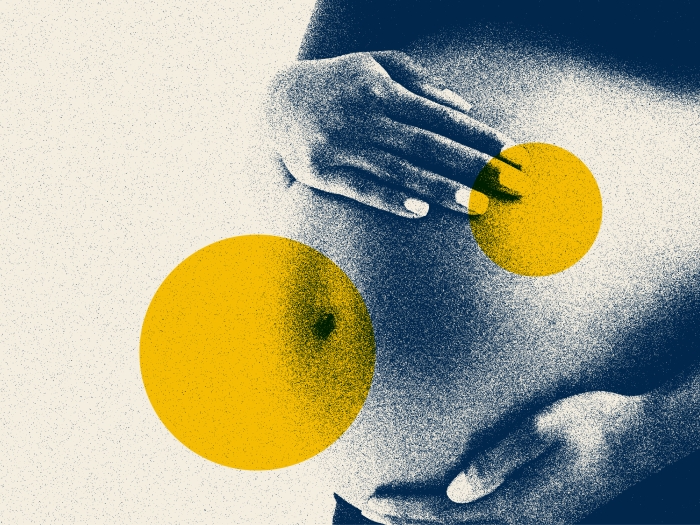
Health Lab
American hospitals vary greatly in what they offer to birthing parents when a stillbirth occurs during labor or delivery.
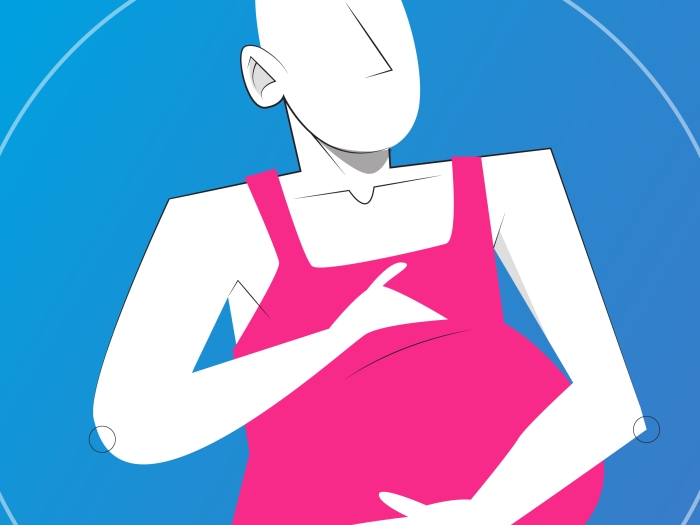
Health Lab
A Michigan Medicine-led study found that transgender individuals show similar rates of severe parental morbidity and preterm birth and lower rates of cesarean delivery when compared to cisgender people.

Health Lab
As young people increasingly have access and exposure to online gambling, only one in four parents say they have talked to their teen about some aspect of virtual betting, a national poll suggests.

Health Lab
One diabetes program is moving to revolutionize investigations and treatment in the field
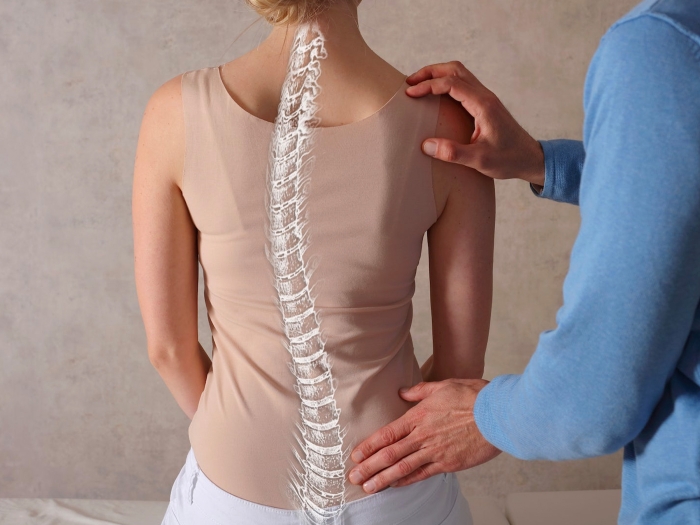
Health Lab
A Michigan Medicine expert calls for comprehensive scoliosis awareness and care.

Health Lab
Researchers at Michigan Medicine developed an AI-driven algorithm that accurately predicts death and complications after PCI — which could emerge as a tool for clinicians as they determine treatment for blocked heart arteries.

Minding Memory
In 2009, the Health Information Technology for Economic and Clinical Health Act, wow, that's a mouthful, more commonly known as the HITECH Act, spent billions to promote the uptake of electronic health records by US hospitals. Fast forward more than a decade later, and now approximately four out of five healthcare institutions have electronic health record systems in place that integrate clinical notes, test results, medications, diagnostic images, et cetera. The adoption of EHR systems into healthcare introduces new and exciting opportunities to extract information that can be used to augment other types of data for research. As you might imagine though, it can be tricky to pull out meaningful information from the text of clinical notes. In this episode, we'll speak with a University of Michigan researcher, Dr. Vinod Vydiswaran, who's been developing methods to identify dementia from EHR data.
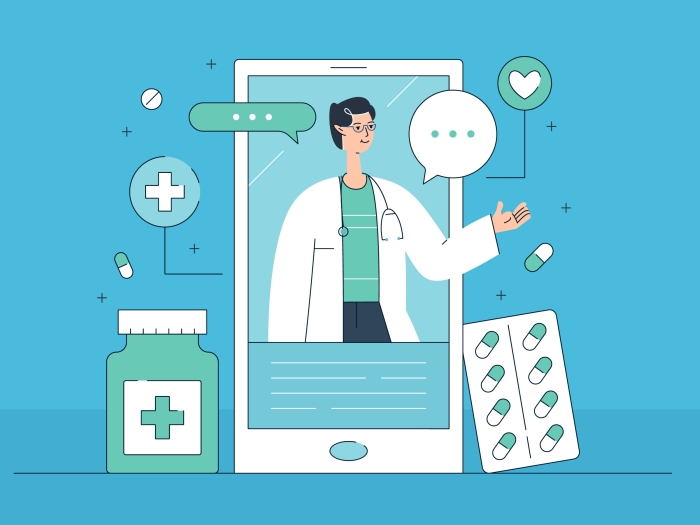
Health Lab
Buying health care services directly online offers convenience but also risks if patients don’t tell their regular doctor or provider. Poll looks at older adults’ use and attitudes.
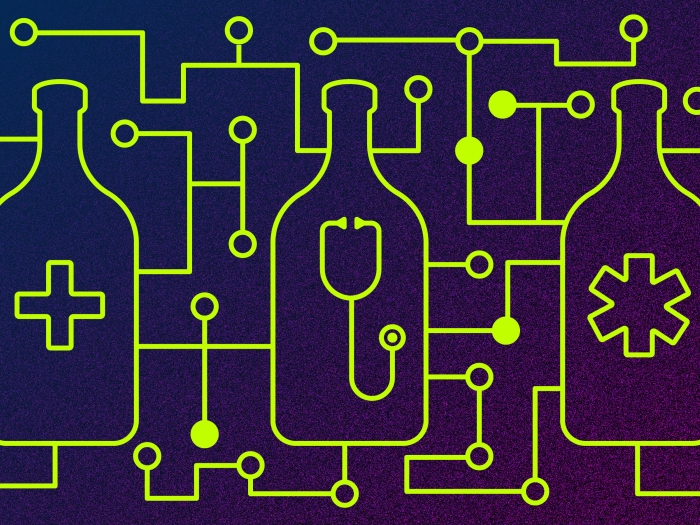
Health Lab
Surgery patients who drink at a risky level have higher risks of complications; surgical teams could use artificial intelligence to search their records for signs that they may need to cut back.
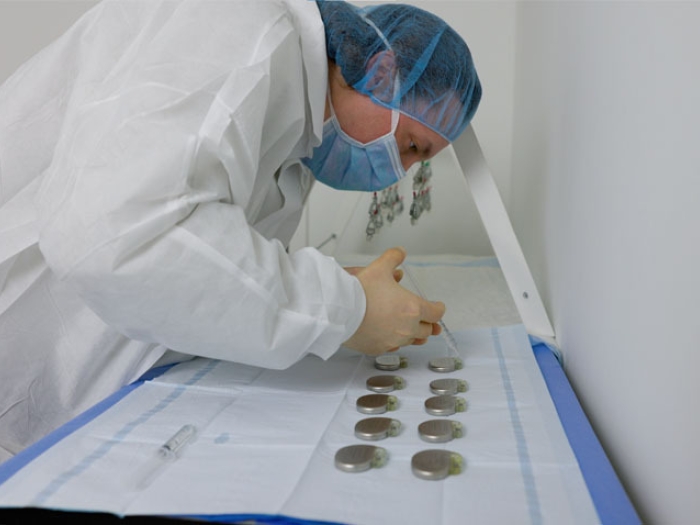
Health Lab
Researchers and clinicians at the U-M Health Frankel Cardiovascular Center began sending reconditioned pacemakers to low- and middle-income countries for compassionate use cases in 2010 through the “My Heart Your Heart” program.
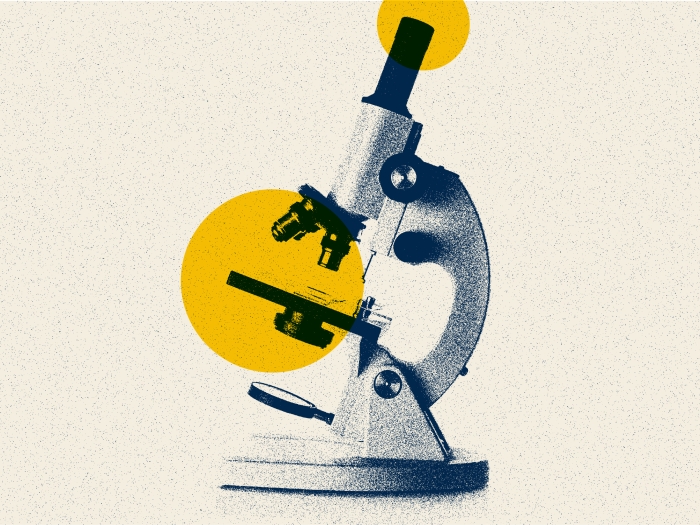
Health Lab
A recent study from U-M offers more insight into the underlying causes of EOE.